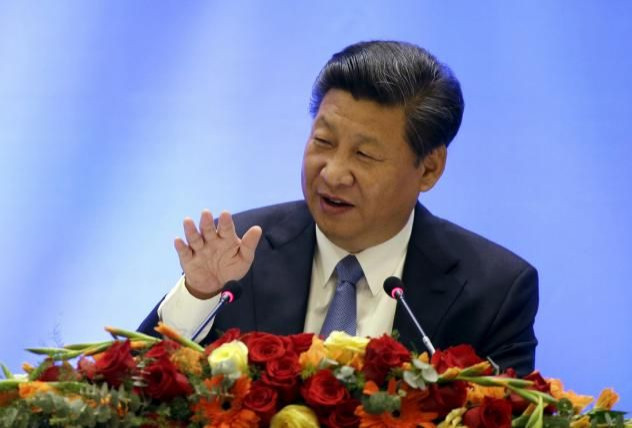China and Japan threaten world peace over South China Sea dispute; US maintains freedom of navigation

The United States and China have been challenging each other's claims and moves in the South China Sea. As both countries maintain where they are within their jurisdictions and rights over international waters, close observers believe that the South China Sea dispute will move past beyond the region and threaten overall world peace.
The United States maintains its right of "freedom of navigation" when it sent a warship to sail near China's artificial islands. According to a US Navy spokesman, it is the "most basic right" for any navy across the globe. The US-guided missile destroyer USS Lassen navigated around 12 nautical miles of Subi Reef back in October to challenge Beijing's claims over freedom of navigation. This prompted strong opposition from China as the country continues to claim sovereignty over the disputed South China Sea region. The same claims have prompted tensions among Southeast Asian nations also voicing claims over the area.
"Freedom of navigation is a fundamental tenet of having a global navy," Korea Herald quoted Cmdr. Ron Flanders, spokesman for the US Naval Forces Japan.
"No one should be surprised that the United States Navy conducts freedom of navigation operations in the Western Pacific, South China Sea, Mediterranean, the Baltic. We do it 365 days a year, all over the world," added the spokesman during a tour of the USS Lassen at the Yokosuka base.
China's activities in the South China Sea, especially its alleged militarisation efforts, have been a point of concern for global leaders. According to Flanders, what the United States did back in October is the right of any navy across the globe. Likewise, it is also a necessary drill to make sure that everyone operates according to international law.
In his column for the National Post, John Ivison said that the inevitable tension brewing between China and Japan over the South China Sea can threaten world peace. According to the column, there has been a brewing consensus that China may be even a bigger threat than Paris, Syria or Russia because it appears ready to risk war to achieve its territorial ambitions in the South China Sea. Past wars ignited because of disputes on control of sea routes. For instance, World War One stemmed from Russia’s determination to prevent Australia from controlling the Black Sea. Japan is already backing the United States over the South China Sea dispute, with the country willing to participate in joint exercises.
Contact the writer at feedback@ibtimes.com.au, or let us know what you think below.





















